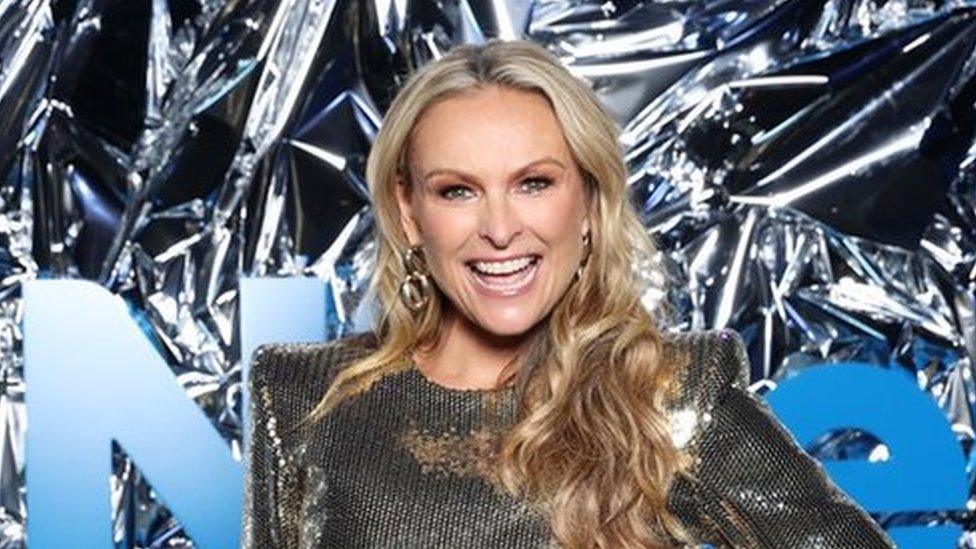Surrey medics launch bowel cancer vaccine trial
- Published

A doctor behind the trial said the new vaccine could eradicate the cancer
A "groundbreaking" vaccine to treat early bowel cancer will go on trial as part of a collaboration between doctors in Surrey, Hampshire and Australia.
Dr Tony Dhillon, chief investigator of the trial and consultant oncologist at the Royal Surrey NHS Foundation Trust, said the jab could be licensed for use in two years.
The trust said it would give patients "real hope of beating the disease".
Bowel cancer is the third most common cancer type.
The trial will be run by the Cancer Research UK Southampton clinical trials unit at the University of Southampton, in partnership with Royal Surrey and the Queen Elizabeth Hospital in Adelaide.
Four sites for the trial will be based in the UK, with another six in Australia.
In total, 44 patients will be enrolled in the study over an 18-month period, with the first expected to be enrolled in the next two months, according to the trust.
Dr Dhillon proposed the idea for the trial and has worked with Prof Tim Rice in Australia for the last four years to develop the vaccine.
"We have high hopes that it will be very successful," he said.
"We think that for a lot of patients, the cancer will have completely gone after this treatment."
Patients will have an endoscopy and a tissue sample will be tested to see if they are eligible for the trial.
Those who are will have three doses of the vaccine before having surgery to remove the cancer.
If successful, the jab could be licensed for use in two years, with further studies carried out on those with later stage bowel cancer.
The trust's chief executive Louise Stead said: "This will really provide an opportunity for bowel cancer patients and give them real hope of beating the disease".

Follow BBC South East on Facebook, external, on X, external, and on Instagram, external. Send your story ideas to southeasttoday@bbc.co.uk, external.
Related topics
- Published20 December 2023

- Published20 November 2023
- Published26 January 2024
